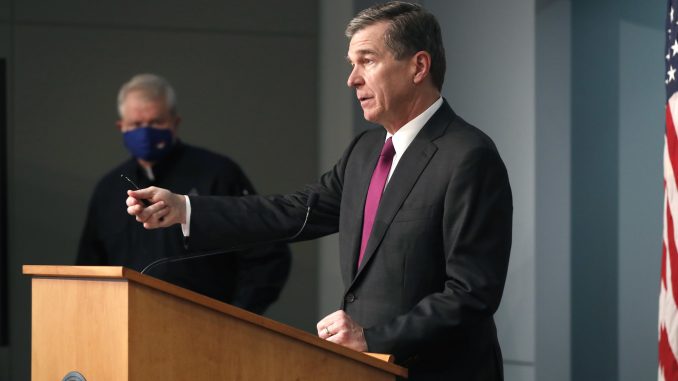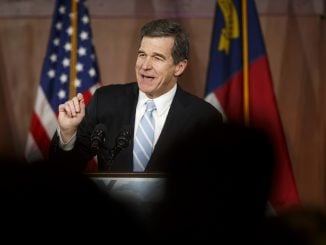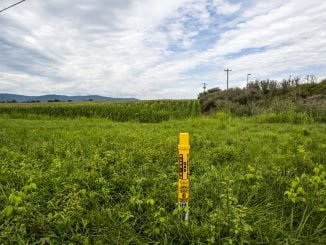
RALEIGH — North Carolina’s jobless rate declined dramatically in June, the state announced on Friday. The state’s seasonally adjusted unemployment fell from 12.8% in May to 7.6% for June, as the number of people on the job grew by 227,500 to more than 4.4 million people overall.
Still, the rate was still twice the percentage reported before the pandemic began, and total employment remained 444,000 below the state’s June 2019 figure. The state rate reached 12.9% for April, now the highest for North Carolina since 1976 when the federal government began keeping records in the manner it currently does.
The national unemployment rate for June, announced two weeks ago, was 11.1%, a drop of two-plus percentage points compared to May.
Friday’s improved state economic figures contrast with yet another record high for hospitalized coronavirus patients in North Carolina at 1,180, according to state health data. COVID-19-related deaths during the pandemic have now exceeded over 1,600. About 95,500 cumulative positive cases have been recorded.
Cooper’s stay-at-home orders in March brought most nonessential consumer commerce to a halt. Those restrictions prohibited dine-in services at restaurants statewide.
The unemployment percentages are based on employment activity in mid-June, three weeks after Cooper lifted the order and allowed some businesses to reopen at partial capacity, including restaurants for in-person patrons. Personal service providers, like hair and nail salons, also could reopen.
The leisure and hospitality industry led the way in employment growth, restoring almost 69,000 jobs for a 22% uptick compared to May. Still, the raw total of the industry’s employment is more than 136,000 below the June 2019 total.
The category that includes retail and transportation also saw over 22,000 more people employed in June. All other broad industry categories saw some increased employment except for two that were flat: information services and publishing, and mining and logging.
Bars, gyms, movie theater and entertainment venues are among businesses that will remain closed until at least Aug. 7. Cooper and his allies have claimed they constitute high-risk settings for coronavirus transmission.
The unemployment rate decline comes even as daily jobless benefit claims filed with the state still exceed the average weekly total received before the pandemic. More than 8,500 claims were filed on Thursday, according to the Division of Employment Security, bringing the total since mid-March to more than 1.94 million.
Nearly 1.17 million individuals have filed for claims during that time, but the growth of that number has slowed. More than $5.8 billion in state and federal benefits have been paid.
In a letter released Friday, Cooper asked the state’s congressional delegation to back another federal coronavirus relief package that contains more money and flexibility for local and state governments to fill anticipated revenue shortfalls.



